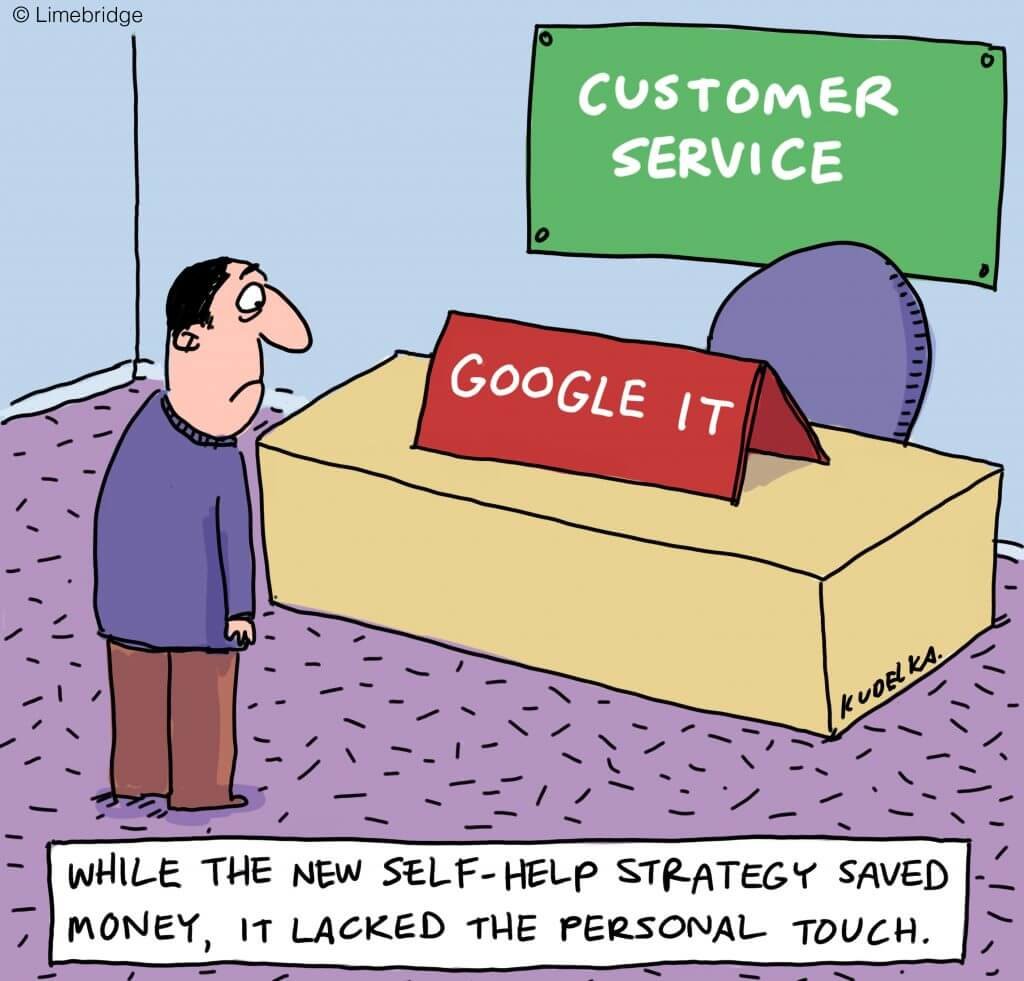
The Blind Men and an Elephant is a parable from India about a group of blind men who are asked to describe an elephant based on touching it, but they’re only allowed to touch one part of the elephant (trunk, leg, ear). Because they describe the elephant based on their partial experience, their descriptions are vastly different (the person who touches the leg thinks the object is a mid-sized tree) and seemingly conflicting. In some versions of the story the men suspect that the others are being dishonest and they come to blows. The moral of the parable is that humans have a tendency to project their partial experiences as the whole truth and discount other people’s partial experiences.
Indeed, sometimes it’s hard to see all aspects of a complicated situation.
For instance, during the coronavirus pandemic:
-
- A friend of mine, a physician who works in the ICU, was on the front lines of the healthcare challenges. Every day he witnessed the pain, suffering, and death caused by the virus. Unsurprisingly, he was cautious about reopening society too quickly.
- Another friend, who owns a small business, has told me, “If the economy doesn’t open up in the next several weeks, my business will go under, my employees will lose their jobs, and I will lose everything.” He favored a quicker resumption of our normal lifestyle.
- A man in my church spent his entire career as an engineer at a major HVAC manufacturing company. He holds several patents in the industry. He advised us to not open the church for corporate worship (or any building with a controlled air system) until the pandemic is completely over because the circulation system will keep the virus in the air and the air filters won’t capture the molecules.
Who’s right?
Most issues, situations, and challenges are multifactorial, which renders simple, one-dimensional explanations incomplete. Additionally, our personal background, experiences, and circumstances influence how we perceive a situation and affects our opinion.
On January 28, 1986, the Space Shuttle Challenger broke apart 73 seconds into its flight, killing all seven crew members aboard. The Rogers Commission, a special commission appointed to investigate the accident, reported that a faulty O-ring had caused the implosion. But there was more to the story. The commission found NASA’s organizational culture and decision-making processes had contributed to the accident, with the agency violating its own safety rules. Since 1977 NASA managers had known that the design of the solid rocket boosters contained a potentially catastrophic flaw in the O-rings, but they had failed to properly address this problem. NASA managers also disregarded warnings from engineers about the dangers of launching in the low temperatures of that morning, and failed to adequately report these technical concerns to their superiors.
The seemingly straightforward explanation—a faulty O-ring caused the Space Shuttle Challenger to implode—was part of the truth but not all the truth.
It takes a lot of effort to balance our narrow perspectives. Here are some suggestions.
- Be skeptical of simple, unidimensional explanations.
- Seek out multiple perspectives and approaches.
- Respect the opinions and observations of others unless they are proven to be false.
- Have less confidence in your own observations and conclusions.
Economist John Stuart Mill said, “He who knows only his side of the case knows little of that.” Proactively pursue the myriad and often seemingly contradictory aspects of a multidimensional situation.

Hi Don,
Truth – so good…as usual.
Thanks, Jeff, for reading my posts. Don
Thank you for your reminder Brother, McMinn that our God is unfathomable and His ways are higher than ours or our neighbor. Blessings, Jim Durham
Jim, thanks for taking the time to respond. I’m glad we can rely on God when difficult situations arise. Don
Thanks, Don, for this timely post. I always enjoy your thoughtful comments on a wide variety of topics, as well as the accompanying graphics that are always fun. The three experts who shared their professional opinions with you seem to me to be equally credible and reasonable in their assessments regarding reopening, which should give us some insight into the differing viewpoints the decision-makers face every day when determining the best ways to proceed while protecting us during this pandemic. Let us hope they use reason, kindness, and respect among themselves during those very serious discussions and agree on the best possible ways to proceed.
Thanks for the suggestions to follow when we are faced with opposing perspectives on controversial topics. I will apply them the next time my granddaughter, who attends UT Austin, and I disagree on important current issues!
Betty, thanks for your kind and considered response. Leaders often have a hard job making decisions because there are always multiple sides to every issue. We just hope that decisions are not made for selfish reasons. Congratulations on having a granddaughter at UT Austin. That’s my alma mater.
Great article on many levels!
Thanks, Jim.
Thanks, Jim, for affirming words.
Interesting story about the Space Shuttle Challenger and of the faulty O-ring. Immediately I thought of the debacle at Boeing and of the 737 MAX. A famous quote about it was “This airplane is designed by clowns, who are in turn supervised by monkeys.” A colossal failure to communicate and a callous disregard of serious pending problems. Two plane crashes and hundreds of lives lost. A scene from the movie Ford v Ferrari is when Matt Damon (automotive car designer, Carroll Shelby) is waiting outside the office of Henry Ford II) and noticed four times a folder exchanged hands to get to the right person intended. Fascinating movie and corporate intrigue.
Jim, thanks for taking the time to write. It is amazing how major mistakes are made in important areas. I recently bought a packet of chemicals and used them according to manufacturer’s instructions, but in their instructions they had doubled the appropriate measurement. I called the manufacturer and they were cavalier about it. Ugh…